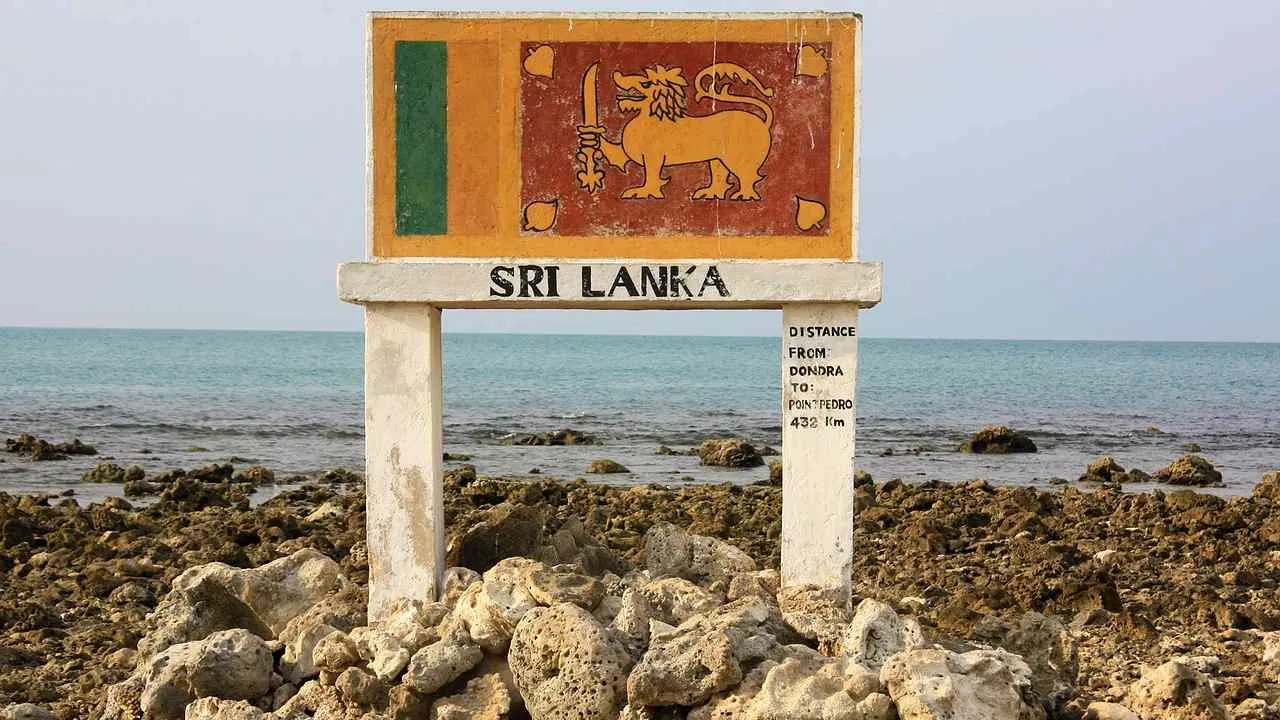Sri Lanka Presidential Election 2024: Navigating Economic Challenges and Inflation

Sri Lanka's Economic Landscape Before the 2024 Presidential Election
As Sri Lanka heads into its presidential election on Saturday, the economy's past tumultuous state lingers in the minds of voters. With food prices soaring and fuel shortages impacting daily life, the electorate is set to evaluate the government’s performance under President Ranil Wickremesinghe since the economic collapse two years ago.
Current Economic Indicators
- Inflation has dropped below 5%.
- Key sectors are still struggling, particularly construction.
- Many households face financial distress despite improved essential availability.
Voters like Fathima Shiyama voice their concerns about rising living costs and inadequate income, emphasizing the dire situation many families continue to face.
Challenges Ahead for Candidates
- Promises of economic growth and stability.
- Increasing taxes and electricity rates as IMF conditions.
- Restructuring government debt with international creditors.
Economic analysts note the importance of this election for initiating policies that prioritize the welfare of the general populace.
Navigating Towards Recovery
The upcoming elections represent more than just a political shift; they symbolize a pivotal moment for Sri Lanka to address its economic woes effectively. As the future unfolds, citizens like Viraj Maduranga, now abroad due to economic pressures, long for change and hope to return to a stable Sri Lanka.
Disclaimer: The information provided on this site is for informational purposes only and is not intended as medical advice. We are not responsible for any actions taken based on the content of this site. Always consult a qualified healthcare provider for medical advice, diagnosis, and treatment. We source our news from reputable sources and provide links to the original articles. We do not endorse or assume responsibility for the accuracy of the information contained in external sources.
This article was prepared using information from open sources in accordance with the principles of Ethical Policy. The editorial team is not responsible for absolute accuracy, as it relies on data from the sources referenced.